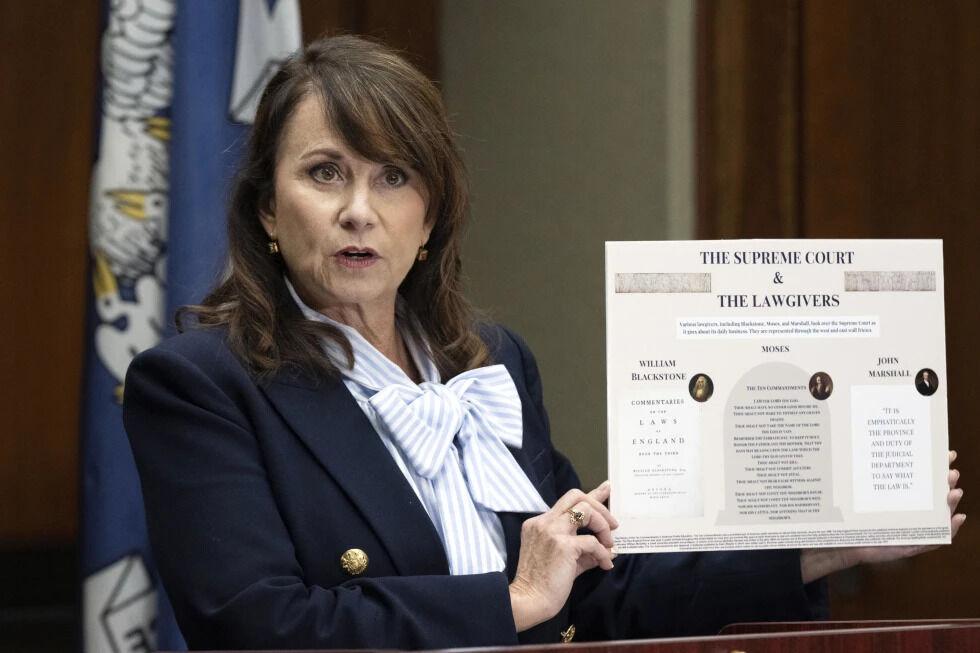Today is election day, again. If recent trends are any indication, fewer college students than ever actually will vote, again.
This information is not new, nor is it surprising, since every election invariably brings along with it articles, and TV news discussions bemoaning the “apathy” and continually declining participation among college voters. Along with new statistics about just how far we have fallen as a voting populace, these articles and discussions also usually include some sort of challenge to college students to “fight the trend” or “not become a statistic.”
We won’t. And I can’t blame us.
The problem with the topic of voting among students is it usually stereotypes the college voter into someone too apathetic to care or not perceptive enough to realize the outcome of elections really will have a huge impact on his or her life. Voting becomes a black-and-white issue — students should vote and be good citizens or not vote and be considered lazy and apathetic.
This way of thinking neglects the root causes of rising student apathy about politics and trivializes the legitimate reasons that may keep students from voting in large numbers. If our election system has evolved (or devolved) to the point where students’ participation has become virtually meaningless, why not attack the system, rather than the potential voters who realize this and simply choose to stay away?
Politicians need money to get reelected. It is a fact of life that elected officials will listen a little bit more carefully to the voices of those who helped with the bottom line.
So, did you have any extra money this election cycle, after making your college-sized paycheck stretch to cover real-world-sized rent, bills, books, tuition, etc? Were you able to make a financial donation to a candidate and ensure your voice would be heard? Yeah, I didn’t either.
Most college students also wouldn’t feel comfortable casting votes for people they know nothing about. So, it’s our responsibility to make time to become educated on the issues and make a responsible choice, right? Sounds good, except most college students will have four or five classes and one or two jobs each semester.
It should not be a negative reflection on students that they choose to spend time on their studies and work rather than researching the current political issues. A college student who neglects his or her primary responsibilities, even for the most virtuous of reasons (such as being a responsible citizen), is an unemployed former student.
It struck me during the 2000 presidential election, which had the lowest turnout of college voters of any presidential contest, that I had class all day — while millions of non-voting elementary, middle and high school kids across America didn’t.
I’m still searching for a message in the decision to hold classes on election day other than, “Voting is really important. So important that if you have a little time between your four hours of classes and your night shift and your study group, you should do it.”
Maybe, just maybe, the college kids got it right this time. We choose not to vote. Why? Because we’re lazy and apathetic? Maybe that’s part of it.
But more than that, I see a ballot full of people who make no attempt whatsoever to reach out to us, people who even if we did vote, would ignore us once elected, since we gave them no money and have no real influence. I also see an election process that requires tons of our valuable time and energy, the same time and energy every voice we hear constantly is telling us to devote to class and our precious grades.
We all know when we’re trying to find a job the difference between a college degree and not having one is vast. That’s one of the main reasons why we’re here — so until there’s a question on job applications that asks, “Have you voted in the last few major elections?” leave us alone.
I’ll vote today. You should too. If you don’t, though, don’t let anyone give you a guilt trip about it — just make sure you’re on time to class and work.
Defending apathy
By Bradley Aldrich, Columnist
November 5, 2002

Bradley Aldrich
Columnist
Columnist
Equal, not identical
More to Discover







